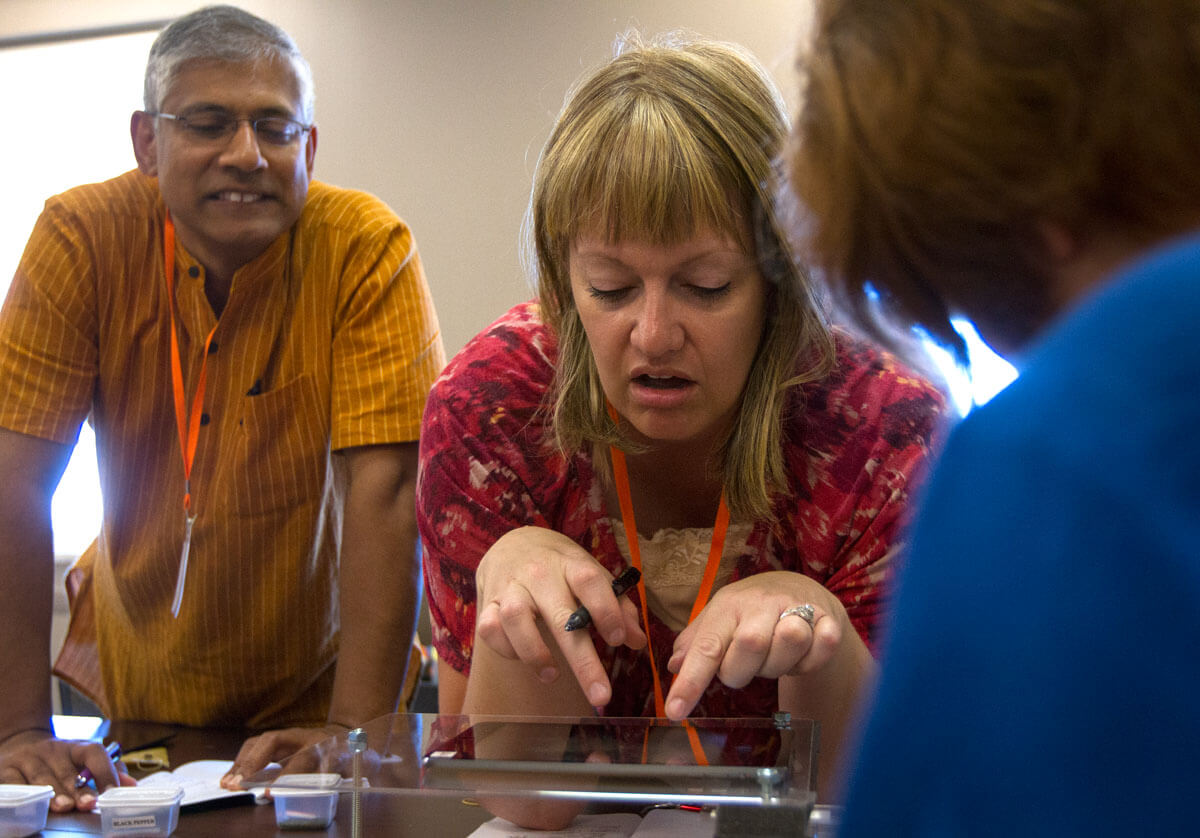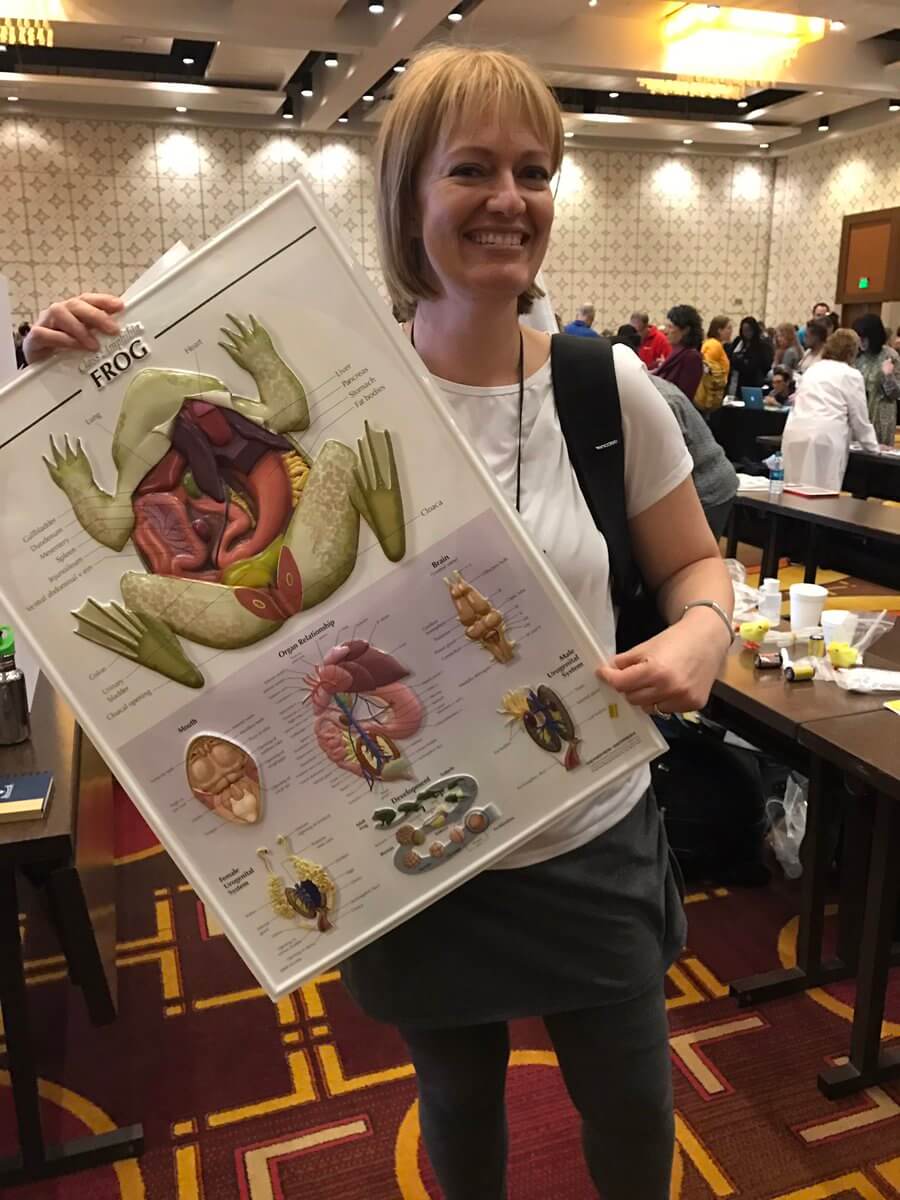Maggie’s Big Idea: Maggie worked with her school to create a butterfly garden she used for biology studies.
“I teach heredity and adaptations as part of my 7th grade core. I also wanted to have a ‘zoo’ in my classroom for students to not only care for but to also collect data from. Students identified genetic traits as they are passed from parent to offspring and also identified adaptations and how they are beneficial to the organism.
“Students cared for and collected data using Pocketlab Voyager on the organisms and their enclosures. They researched each organism and their ecosystems in the wild. As part of our project, students released the butterflies as soon as weather permitted.
“Students created a project (or video/slide presentation) capturing the timeline of the project, the life cycle of one of the organisms/butterfly, and the importance of that organism to its ecosystem. It also included a section on genetics, explaining with evidence how sexual reproduction produces offspring with traits similar to the parents. Students also included data on all of the animal enclosures in order to maintain proper humidity, light and temperature.”
Interesting facts: Maggie doesn’t use a text book, and she doesn’t require her students to start each unit memorizing vocabulary lists. In 2016, Maggie won the Presidential Award for Excellence in Mathematics and Science Teaching. Read more here.



